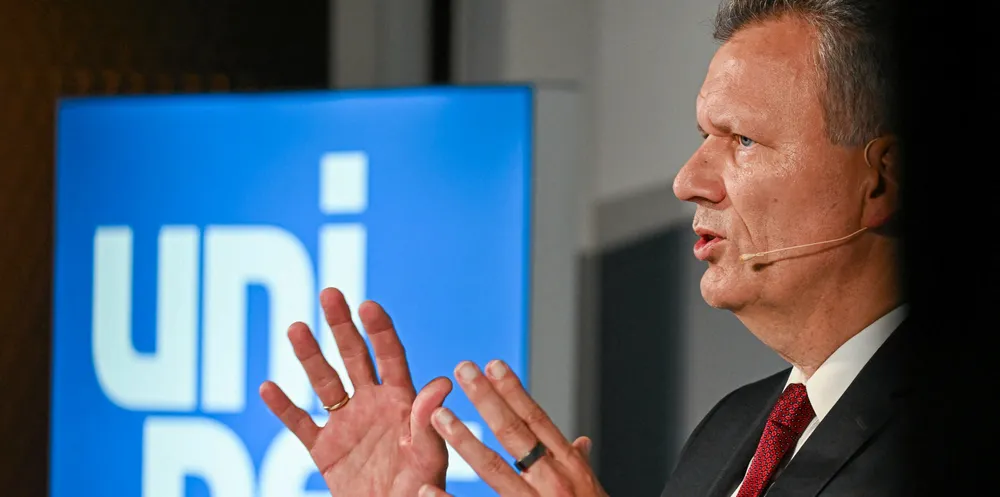'Prevent a chain reaction' | Germany mulls taking 30% stake in gas crisis-hit Uniper
Development bank KfW may also boost a current credit line to $8.2bn for Fortum-owned utility

The German government is working on a rescue package for near-insolvent utility Uniper that could include the state taking an up to 30% stake as part of a capital increase, as well as further loans from development bank KfW, according to local media reports.
“The staff is deeply worried. We ask the federal government to quickly enter the capital of Uniper,” Seegatz is quoted as saying.
German energy security package
“As a result of the Russian war of aggression in Ukraine, Germany finds itself in an energy crisis, which the aggressor Vladimir Putin is deliberately fuelling," Habeck said when presenting a new energy security and savings package Thursday.
"From a technical point of view, there is nothing wrong with fully utilising Nord Stream 1 again after the maintenance has been completed. The lower capacity utilisation at around 40% therefore speaks a clear political language and confirms that we cannot rely on deliveries.
"Putin's goal is to unsettle, drive up prices, divide society and weaken support for Ukraine. We do not bow to this, but counter it with concentrated and consistent action. We are taking precautions so that we can get through the winter."
Among the German government's planned measures to save electricity and gas are stricter targets to fill Germany's underground gas storage tanks (95% by Nov. 1 instead of 90% as previously envisaged), reviving idled coal and lignite reserve power plants, and a plan to widen bio gas production by suspending current caps.
Berlin also intends to scrap a 70% feed-in cap for solar installations on buildings.
The government also wants to support energy savings measures at large businesses, and mandate public buildings to temporarily stop heating great halls, corridors or technical equipment rooms without people, and ask companies to voluntarily do that same. There will also be measures to allow lower winter temperatures in rented housing, and appeals to the population to heat less and ventilate rooms in the correct way.
Next to taking a stake in Uniper, the KfW bank could also widen a credit line for the company to €8bn ($8.17bn) from €2bn, which are already used up. The company has already applied for an increase in the credit facility, and also warned customers of possible gas price hikes.
"Uniper is currently paying the price for the supply shortfalls in German gas supply due to curtailed deliveries from Russia,” Uniper chief executive Klaus-Dieter Maubach said earlier this week.
“In order to secure our liquidity and fulfil our supply contracts with our customers, we are forced to take steps that must clearly be described as emergency measures.
“Only if the supply cuts from Russia stops or if the German government uses the instruments of the EnSiG (Energy Conservation Act) will we be able to prevent a chain reaction in the gas supply chain in the future as well."
The energy conservation law allows Uniper to pass on increased procurement costs. That makes it possible to compensate for losses incurred as a result of gas supply cuts, but also could greatly increase the burden for end consumers of gas, among them millions of households that face as drastic surge in heating costs.